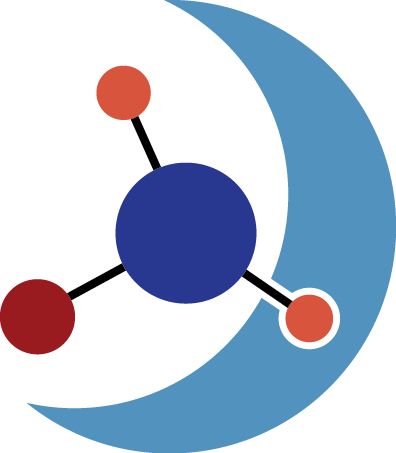Recombinant Human Aryl hydrocarbon receptor (AHR), partial
Shipping Cost Note
Each Recombinant Protein price includes shipping cost to Canada and import fees. Please ask for a discounted quote if ordering multiple Cusabio products.
Delivery Time Note
This product is usually imported from the manufacturer after order placement. Please expect longer delivery times of 7-14 days.
Catalog No.
CSB-EP001481HU3
Product Name
Recombinant Human Aryl hydrocarbon receptor (AHR), partial
In Stock
Yes
Activity
Not Tested
Research Area
Epigenetics and Nuclear Signaling
Uniprot ID
P35869
Gene Names
AHR
Alternative Names
(Ah receptor)(AhR)(Class E basic helix-loop-helix protein 76)(bHLHe76)
Organism
Homo sapiens (Human)
Source
E.coli
Expressed Region
220-420aa
Protein Length
Partial
Tag Info
N-terminal 10xHis-tagged
Target Protein Sequence
FICRLRCLLDNSSGFLAMNFQGKLKYLHGQKKKGKDGSILPPQLALFAIATPLQPPSILEIRTKNFIFRTKHKLDFTPIGCDAKGRIVLGYTEAELCTRGSGYQFIHAADMLYCAESHIRMIKTGESGMIVFRLLTKNNRWTWVQSNARLLYKNGRPDYIIVTQRPLTDEEGTEHLRKRNTKLPFMFTTGEAVLYEATNPF
MW
29.0 kDa
Purity
Greater than 85% as determined by SDS-PAGE.
Endotoxin
Not Tested.
Form
Liquid or Lyophilized powder
Buffer
If the delivery form is liquid, the default storage buffer is Tris/PBS-based buffer, 5%-50% glycerol. If the delivery form is lyophilized powder, the buffer before lyophilization is Tris/PBS-based buffer, 6% Trehalose, pH 8.0.
Resonstitution
We recommend that this vial be briefly centrifuged prior to opening to bring the contents to the bottom. Please reconstitute protein in deionized sterile water to a concentration of 0.1-1.0 mg/mL.We recommend to add 5-50% of glycerol (final concentration) and aliquot for long-term storage at -20℃/-80℃. Our default final concentration of glycerol is 50%. Customers could use it as reference.
Storage
The shelf life is related to many factors, storage state, buffer ingredients, storage temperature and the stability of the protein itself. Generally, the shelf life of liquid form is 6 months at -20℃/-80℃. The shelf life of lyophilized form is 12 months at -20℃/-80℃.
Notes
Repeated freezing and thawing is not recommended. Store working aliquots at 4℃ for up to one week.
Relevances
Ligand-activated transcription factor that enables cells to adapt to changing conditions by sensing compounds from the environment, diet, microbiome and cellular metabolism, and which plays important roles in development, immunity and cancer. Upon ligand binding, translocates into the nucleus, where it heterodimerizes with ARNT and induces transcription by binding to xenobiotic response elements (XRE). Regulates a variety of biological processes, including angiogenesis, hematopoiesis, drug and lipid metabolism, cell motility and immune modulation. Xenobiotics can act as ligands: upon xenobiotic-binding, activates the expression of multiple phase I and II xenobiotic chemical metabolizing enzyme genes (such as the CYP1A1 gene). Mediates biochemical and toxic effects of halogenated aromatic hydrocarbons. Next to xenobiotics, natural ligands derived from plants, microbiota, and endogenous metabolism are potent AHR agonists. Tryptophan (Trp) derivatives constitute an important class of endogenous AHR ligands. Acts as a negative regulator of anti-tumor immunity: indoles and kynurenic acid generated by Trp catabolism act as ligand and activate AHR, thereby promoting AHR-driven cancer cell motility and suppressing adaptive immunity. Regulates the circadian clock by inhibiting the basal and circadian expression of the core circadian component PER1. Inhibits PER1 by repressing the CLOCK-ARNTL/BMAL1 heterodimer mediated transcriptional activation of PER1. The heterodimer ARNT:AHR binds to core DNA sequence 5'-TGCGTG-3' within the dioxin response element (DRE) of target gene promoters and activates their transcription.
References
"The search for endogenous activators of the aryl hydrocarbon receptor." Nguyen L.P., Bradfield C.A. Chem. Res. Toxicol. 21:102-116(2008)
Function
Additional Product Information
Product MSDS















